SPLab in brief
The scientific activity has mostly been devoted to fundamental combustion problems of solid-phase energetic materials, from both experimental and theoretical viewpoints, with specific attention to: steady burning rates and temperature profiles, radiant ignition. Static and dynamic extinction, non-steady burning, linear and nonlinear intrinsic stability, radiation assisted/augmented burning, deflagration limits, frequency response functions, transient flame modelling. In the more recent years, interest has moved to combustion of innovative high-energy condensed materials, nano-energetics for propulsion, performance of metallized formulations, aggregation and agglomeration, dual metal formulation, quasi-steady regression rates, solid and hybrid rocket motors, space launchers, in-space propulsion.
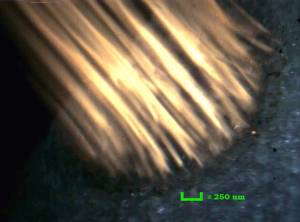
A corner of memories

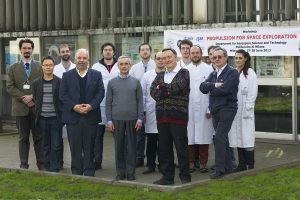
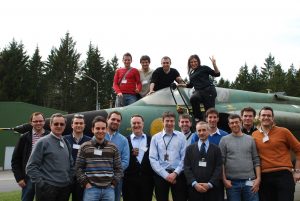
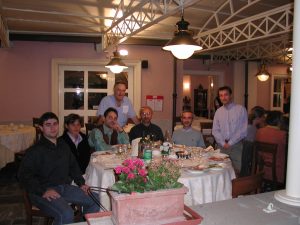
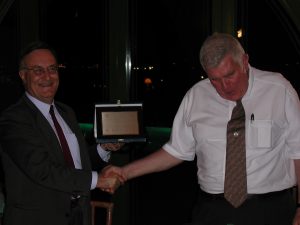
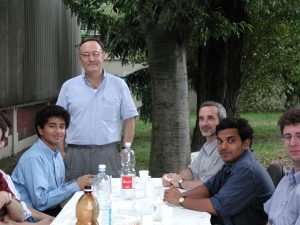
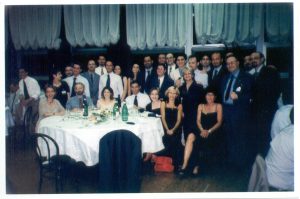
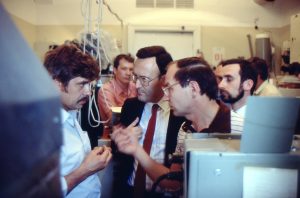
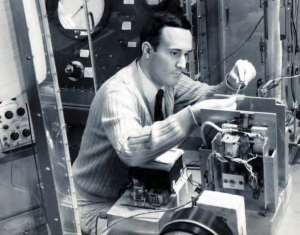

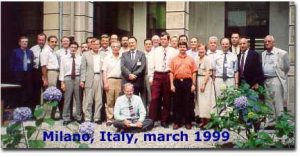
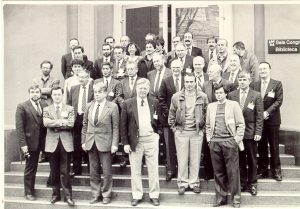
Short history
- The SPLab (Space Propulsion Laboratory) is a laboratory of Politecnico di Milano; today it is part of the Aerospace Science and Technology Department.
- The Propulsion Group was chartered in 1976 to support research and education activity in the field of solid propulsion for space applications. The corresponding laboratory was founded by Professor Luigi De Luca.
- The first Laboratory location was in Peschiera Borromeo, close to Milan, in a center of CNR (Italian National Research Council). In 1991 the lab was moved to Campus Leonardo, the historical Campus of Politecnico di Milano, changing the name into Laboratorio di Termofisica; in 2000, according to the new strategy pursued by the University, it was moved again to Campus Bovisa, the current location, the former industrial area of Milan. The name takes the denomination of Solid Propulsion Laboratory. Soon after the extension of the activity to hybrid rocket propulsion and other in-space propulsion, the lab takes its final denomination of Space Propulsion Laboratory.
- SPLab takes an active part in scientific and educational programs both at a national and international level. The main cooperations are with leading universities and scientific centers of Russia, USA and European countries involved in aerospace science and technology
Mission
The Space Propulsion Laboratory was founded in 1976 in order to support research and education in the field of solid rocket propellants for space propulsion applications.
This is still our mission that we keep pursuing.
Our vision
We want to support the development of clean and sustainable space missions for our future generations. We think that new end-to-end thermochemical propulsion approaches can represent the starting point for the reduction of costs and of the environmental impact.
